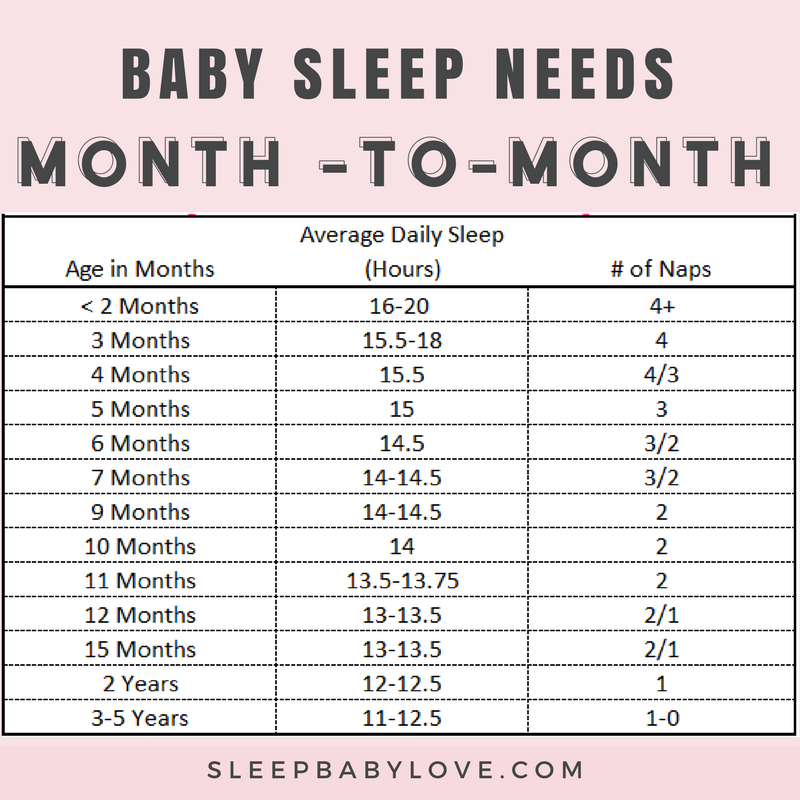What Age Does A Baby Sleep Through The Night
Are you a sleep-deprived parent wondering when you can finally get a full night’s rest? One of the most common questions parents ask is, “What age does a baby sleep through the night?” This article will provide you with detailed insights into this topic, helping you understand the sleep patterns of babies and what you can do to help them (and yourself) get a good night’s sleep.
Knowledge
Understanding the sleep patterns of babies is crucial to knowing when they might start sleeping through the night. Newborns typically have irregular sleep cycles, and it’s normal for them to wake up multiple times during the night for feeding or comfort. As babies grow older, their sleep patterns start to become more regular, and they may begin to sleep for longer stretches at night.
Most babies start sleeping through the night by the time they are 6 months old. However, every baby is different, and some may start sleeping through the night earlier or later. Factors such as feeding habits, sleep environment, and the baby’s temperament can all play a role in when they start sleeping longer stretches at night.
It’s essential to establish a bedtime routine for your baby to help them learn to self-soothe and fall asleep independently. Creating a calming bedtime routine, such as giving them a warm bath, reading a story, or singing a lullaby, can signal to your baby that it’s time to sleep. Consistency is key when establishing a bedtime routine, so try to follow the same steps every night to help your baby associate these activities with sleep.
Creating a sleep-conducive environment is also important for helping your baby sleep through the night. Make sure the room is dark, quiet, and at a comfortable temperature. Using white noise machines or blackout curtains can help create a soothing environment for your baby to sleep in.
While it can be challenging to deal with sleep deprivation as a parent, it’s essential to remember that this phase is temporary. Babies grow and develop at their own pace, and eventually, they will learn to sleep through the night. In the meantime, try to get as much rest as you can by taking naps when your baby sleeps and asking for help from your partner or family members.
Conclusion
In conclusion, the age at which a baby starts sleeping through the night can vary for each child. By understanding your baby’s sleep patterns, creating a bedtime routine, and providing a sleep-conducive environment, you can help them develop healthy sleep habits and eventually sleep through the night. Remember that every baby is different, so be patient and consistent in your approach to helping your baby sleep better.
Parents who are struggling with their baby’s sleep can find support from pediatricians, sleep consultants, or parenting groups to help them navigate this challenging phase. Remember, good sleep habits are essential for your baby’s overall health and well-being, so it’s worth investing time and effort into establishing a healthy sleep routine.






